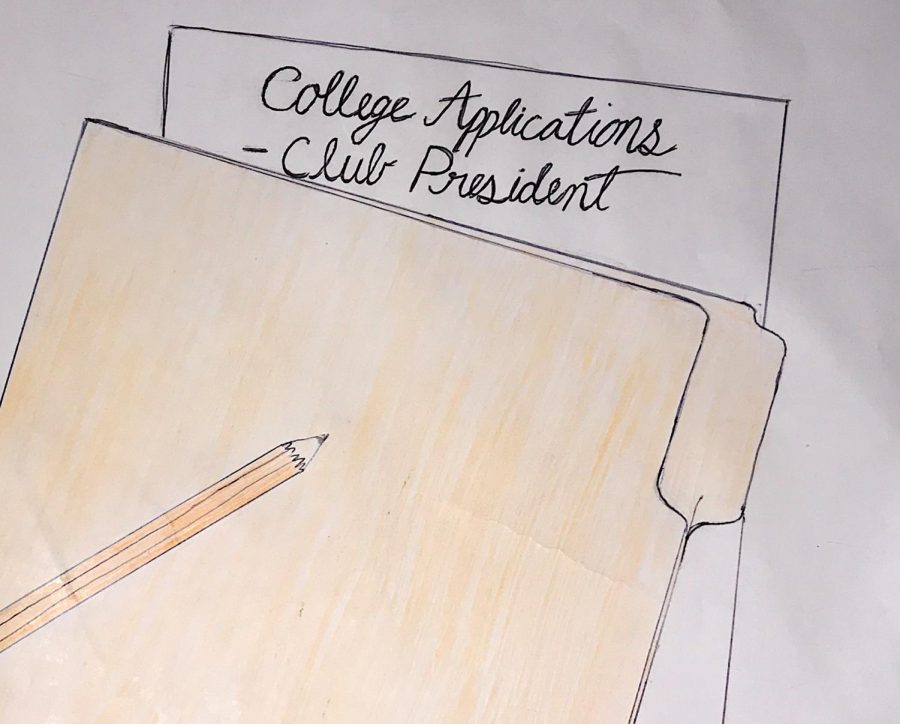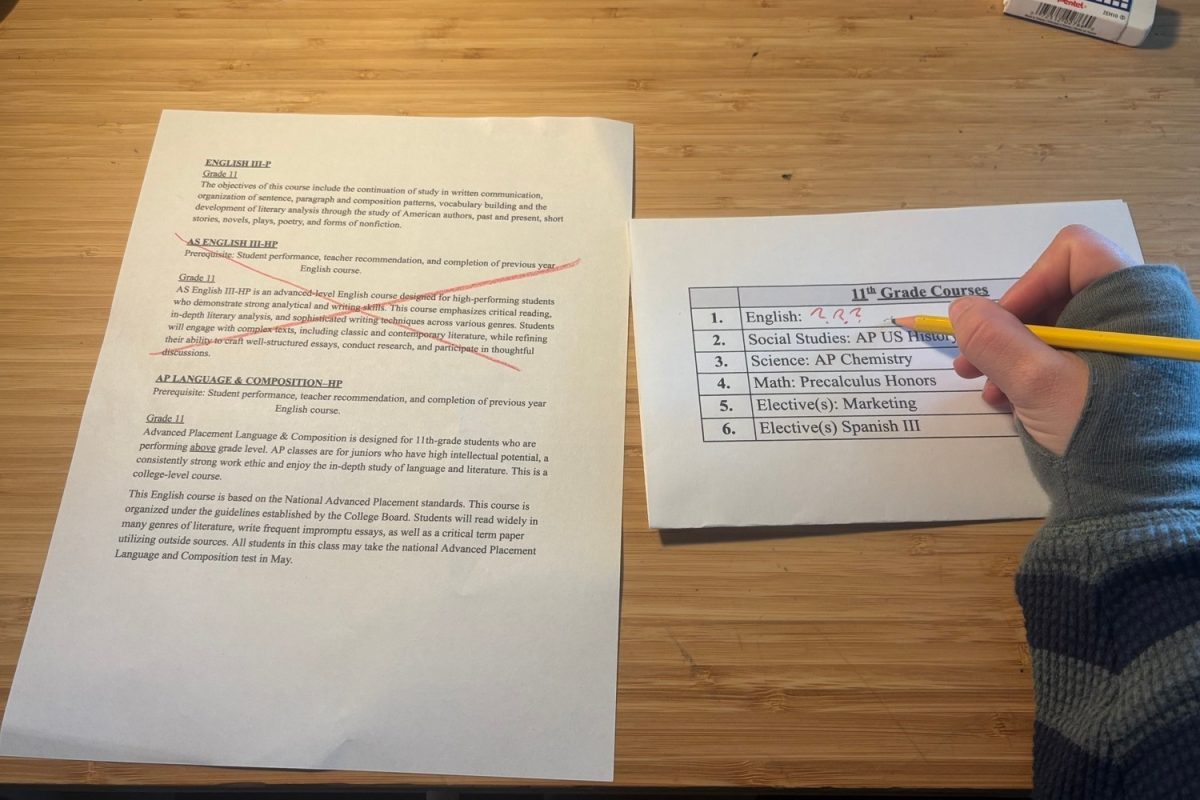Every year the list of new clubs seems to grow, and with it, the level of competition regarding the college application process.
As students approach the end of high school, many begin to cram in as many volunteer hours, work hours, AP classes, and anything else that will appeal to colleges: one particularly attractive accomplishment being the title of a founder or president of a club.
“I think a lot of clubs may have started for the purpose of college recognition,” said Michael Father, co-founder and co-president of the Chinese Peer Tutoring Club. “For me, getting college recognition was a big reason for starting the club, but my main goal was to help people because Chinese is a hard language, and one of the biggest ways you can get help is from tutoring, which can be a lot of money.”
Many students, advisers, and teachers agree with Father that the title obtained from leading a club can’t be the only factor determining a club’s success.
“When someone does something without really being passionate about the topic, they won’t put that much effort into it. Therefore, if clubs have leadership members who solely participate in that club for inauthentic reasons, the performance will most likely not be at its best,” said Hailey Garcia, treasurer of Green Team.
While building up college applications, students consider the qualities that colleges look for: leadership, involvement, and a keen interest in a subject.
“College admissions officers want to see what the student is passionate about. Having a leadership position in a club could help, but it is not just one thing that would sway admissions; it is the whole package,” said Nina Rasor, the College and Career assistant.
According to Isabella Mattioli, facilitator of the Clubs and Culture commission, ASB reviews each club charter request and determines the legitimacy of a club. If information is insufficient, the commission can reach out to the leaders or the advisor of the club.
Mindy Chiang, the advisor of both the Chinese Peer Tutoring Club and the Chinese Culture Club, identifies a conflict with the rising number of clubs, whether dedicated to its purpose or not.
“With so many clubs, it’s hard for the students to know which ones are ‘purposeful’ and which ones are not without actually attending a few meetings,” Chiang said. “It makes it difficult for students to really enjoy clubs. Recruiting and retaining members is also an issue since many clubs are holding meetings on the same day.”
Although the competitiveness of the college application process shows a negative connotation through the making of meaningless clubs, Chiang also has another perspective on it.
“On the positive side, it pushes some students to consider their time, passion, and interests before committing to certain clubs so they can pursue and expand their horizons. It also forces students to think critically about commitments as well as learn to manage their personal time and energy,” Chiang said.
With both its benefits and drawbacks, the process of college applications can encourage dedication while also creating an unhealthy competition in students’ lives.
“I think students are currently stepping over each other rather than helping each other out because it’s exceptionally competitive,” Father said. “Clubs are a source of that competition. You have to decide who’s going to be leader of the club, and who’s going to put their name on the title of the club. You also need to consider what position you hold, and how much effort are you going to put in.”












